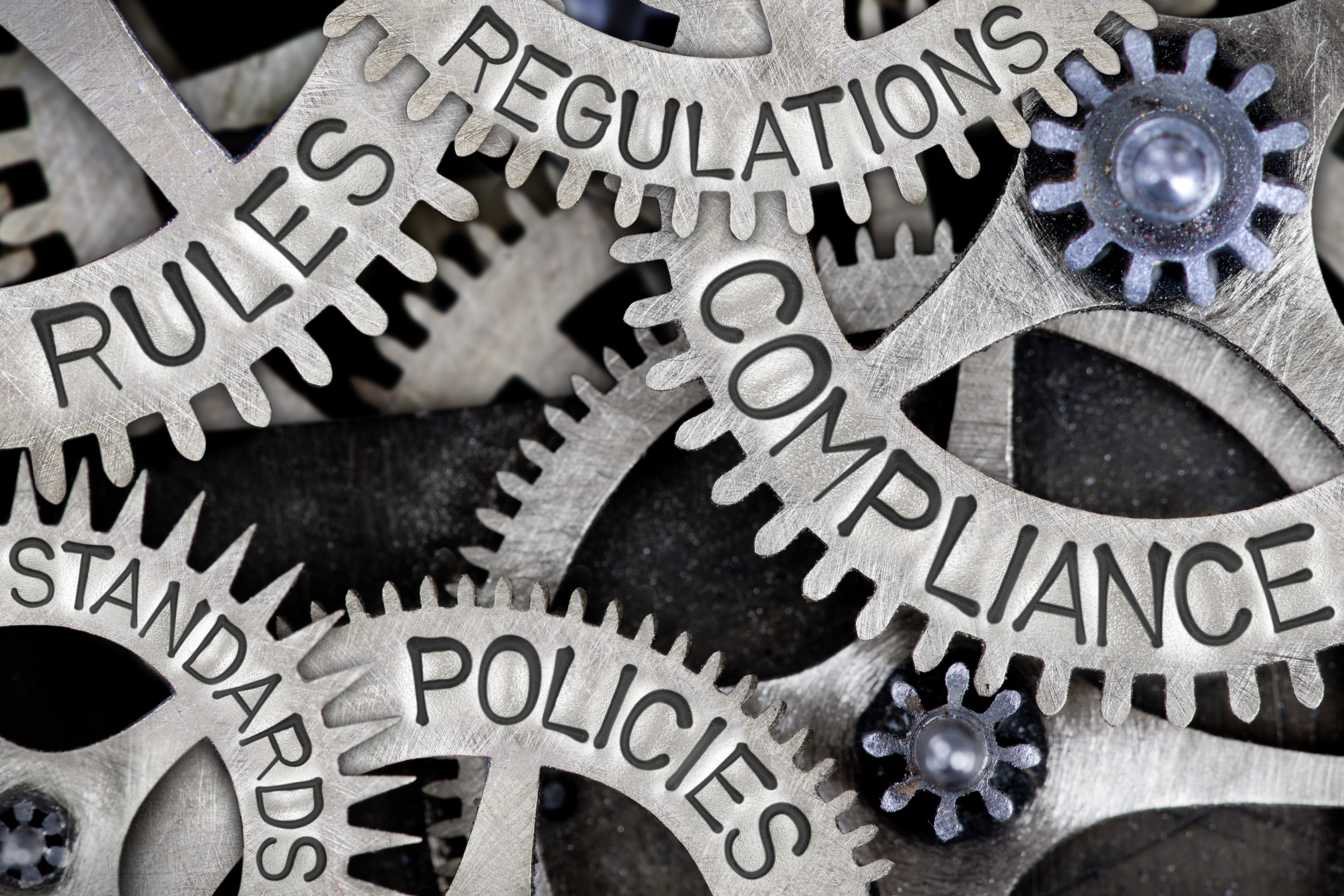Compliance Program FAQs

Compliance programs are often an area of confusion for home health and hospice agencies. A compliance program may be required, or it may be voluntary, dependent on organization requirements, and/or accrediting organization standards. For those that have a choice, many wonder, “Since it is required that we be compliant with Medicare and Medicaid regulations and other federal laws like the False Claims Act, why is a compliance program voluntary?” HCL has answered below several frequently asked questions about compliance programs.
What is a compliance program?
Home health and hospice agencies are tasked with numerous things in the care of a patient. We have goals to provide excellent care, achieve outcomes, earn patient satisfaction, be profitable, and employ individuals. One of the most important things a certified agency strives to achieve is compliance with the law and regulations. This applies to managing patient care, meeting staffing requirements, and submitting accurate claims for reimbursement, among others. A compliance program is a structured program within your entity that provides the framework to help you follow the laws and regulations. So even if you are complying with all laws and regulations, a compliance program is an organized way to ensure that you and your staff are achieving this in the best way possible. It helps you to be in compliance all the time, every time.
Is there a regulatory requirement to have a compliance program?
The Affordable Care Act (ACA) of 2010 required Medicare and Medicaid providers to have a compliance program in place. However, Congress left the timing and implementation of these requirements up to the Department of Health and Human Services (HHS). The Office of Inspector General (OIG) has encouraged health care providers since the late 1990s to implement voluntary measures to guard against fraud, waste, and abuse of government health care programs. To date, compliance program requirements are still pending an effective date of implementation and enforcement. Accrediting organizations may require a compliance program in their standards and organizational policies may also dictate one. Some payors (MCOs and state Medicaid programs) also require compliance programs.
Who regulates compliance?
The laws and regulations of home health and hospice are complex. Multiple organizations regulate compliance including the Centers for Medicare and Medicaid Services (CMS), the Department of Health and Human Services Office of the Inspector General (HHS OIG), and state-level departments. In turn, survey and enforcement of compliance can then fall to other organizations such as state-survey departments, accrediting organizations, Medicare Administrative Contractors, and others. The penalties for compliance violations can be both severe and costly.
What are some common compliance issues that agencies might have?
Non-compliance issues may include situations such as: security breaches, conflicts of interest, fraudulent charges, improper recordkeeping, failing to protect patient records, not adhering to regulatory requirements, and many others. Because it can be difficult to monitor every potential compliance issue in an agency, the involvement of all staff is important. A compliance program can help bring the focus of compliance to every activity, documentation, and claim submission.
What are the key elements of a compliance program?
The Office of Inspector General (OIG) has outlined components of an effective compliance program.
- Written policies, procedures, and standards of conduct
- Compliance Leadership and Oversight (Compliance Officer and Compliance Committee)
- Effective training and education
- Effective lines of communication with the Compliance Officer and Disclosure Program;
- Enforcing standards: Consequences and Incentives
- Risk assessment, auditing, and monitoring
- Responding promptly to detected offenses and developing corrective actions
How does an agency start a compliance program?
Being well-informed of all applicable laws and regulations is essential. A comprehensive agency policy manual based on laws and regulations can help you operate in compliance. The OIG’s elements of a successful program is a great start in developing a compliance program for your agency. See guidance here: https://oig.hhs.gov/compliance/general-compliance-program-guidance/
HealthCare ConsultLink offers a comprehensive Compliance Program based on the guidance and is included with your policy manual purchase. Check out PolicyLink on the website or contact us for more information.
Tagged as: Home Health, Hospice, Personal Attendant Services, QAPI

